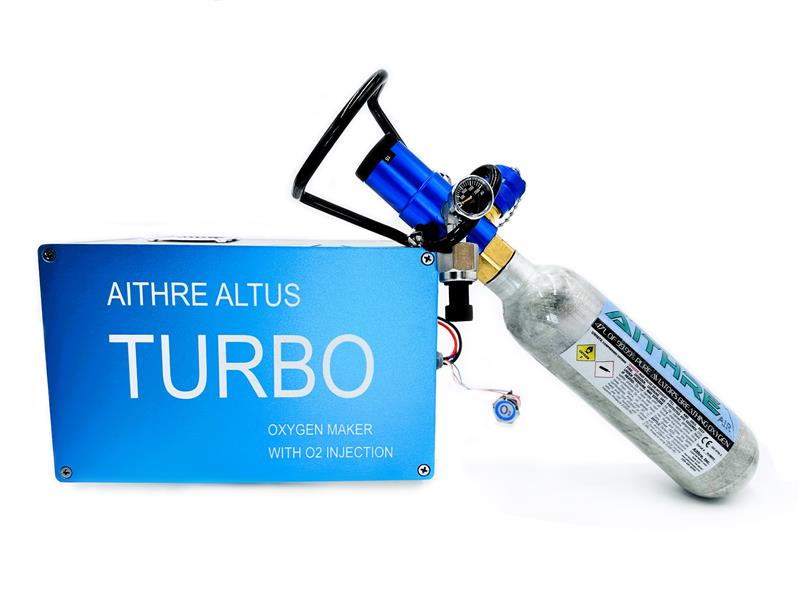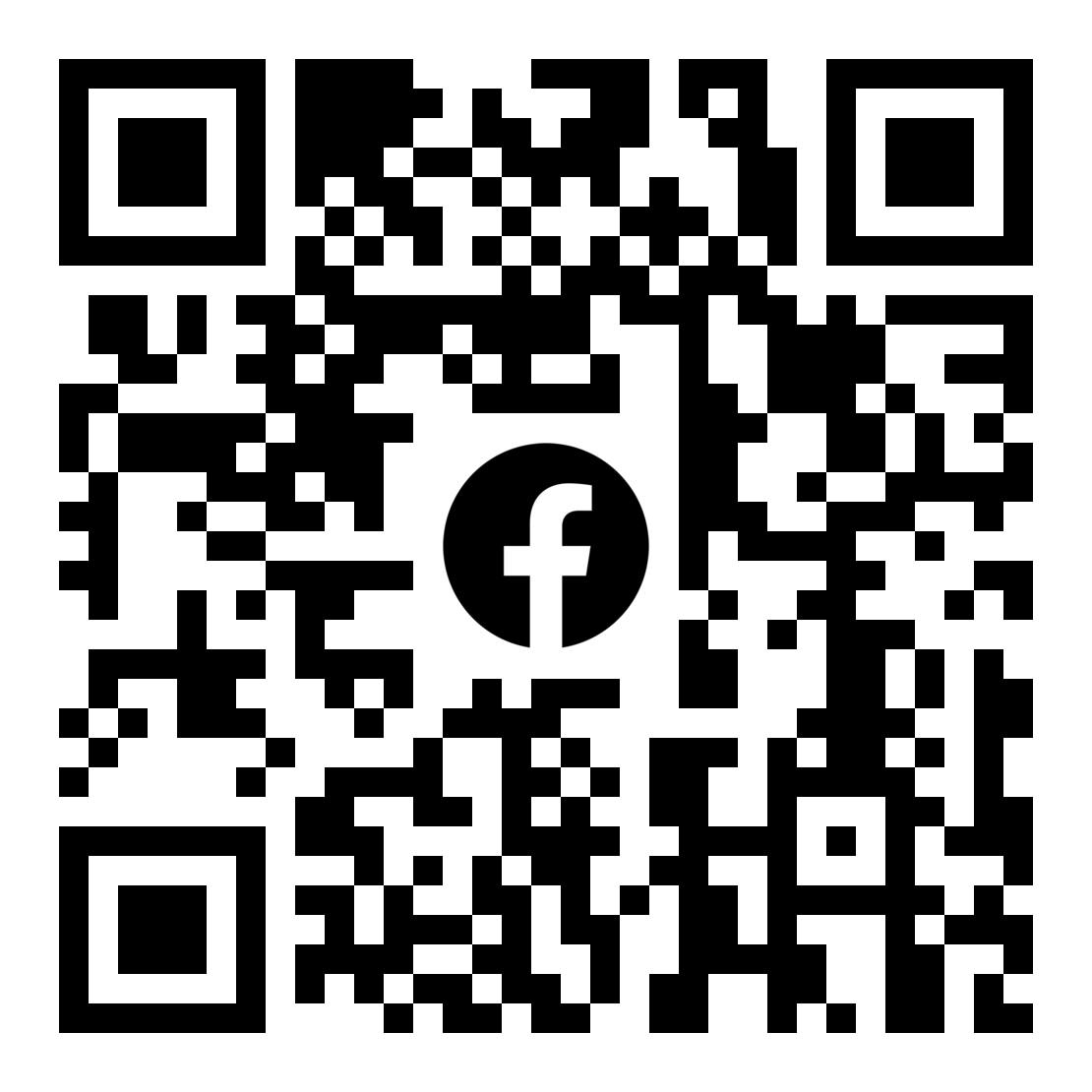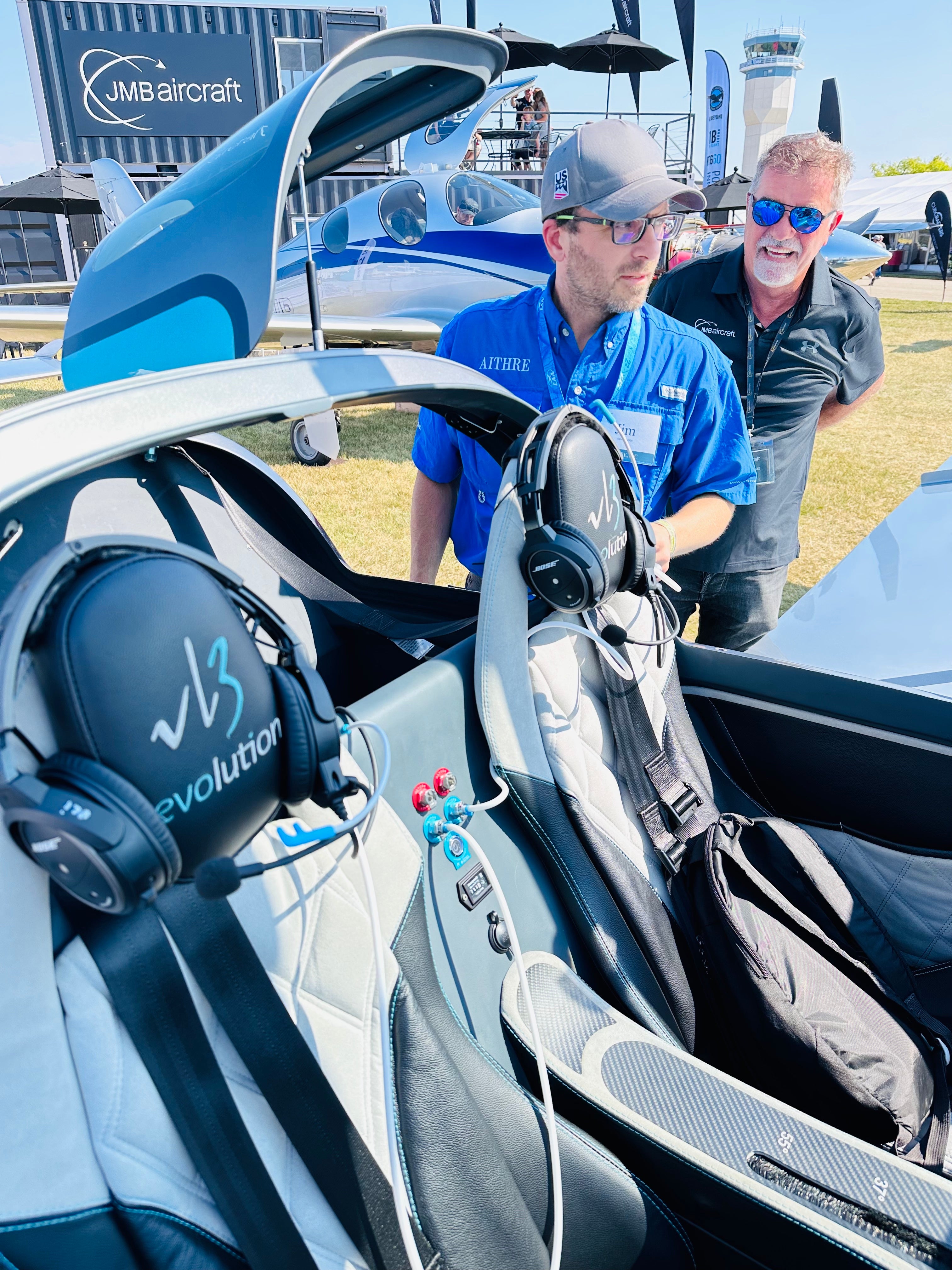As a patent attorney, CoFounder of Aithre, and inventor of smart headset physiology monitoring technology, I have become interested in the developments at the ITC between Masimo and Apple.
The ITC has the authority to grant exclusionary orders preventing importation via US Customs of any article deemed to infringe a U.S. patent. Here, Masimo and Apple were engaged in years long negotiations to incorporate blood oxygen monitoring technology from Masimo into the Apple Watch. Apparently, the negotiations were not successful and Apple elected to proceed without a patent license. Naturally, a dispute arose and Masimo petitioned the ITC for an exclusion order - and the ITC granted one, preventing the importation of all Series 9 Apple Watches in the U.S.
The claims at issue are generally directed to multiple photodiodes arranged in a quadrant with a convex lens. Priority claim dates back to 2008 and Masimo has built a billion dollar business around high accuracy medical blood oxygen monitors. Here, the ITC found that the Apple Watch includes the Masimo technology without a license and therefore ordered Customs to refuse entry to Apple Series 9 watches.
Interestingly, the ITC does not have authority to grant monetary damages and is limited to protecting U.S. trade in part by limiting importation of infringing articles. The ITC has essentially the ability to issue injunctions.
Here, Apple is now in a difficult position because they can't sell Apple Watch 9 anymore in the U.S. They have appealed to a federal court and have pointed out some alleged flaws in the application of the law by the ITC. The federal court has issued a 2 week stay of the exclusionary order, allowing Apple to temporarily continue to sell, but that may come to an end very soon. Apple is trying to get a stay pending outcome of the federal appeal and trying to design a technical alternative to avoid Masimo's patents, but there is no certainty as to whether either of these strategies will work.
In my opinion is a success for patent innovators and a warning for intentional infringers. Often, copying patented technology appears more profitable in the short term than licensing protected technology. However, long term, there are real consequences for patent infringement, as it is still possible to shut down an entire product line via just one ALJ a the ITC.






